By Camille Mendoza
Venezuela's future is still not bright. After President Barack Obama issued economic sanctions against seven Venezuelan individuals for their involvement in several human rights violations, Venezuelan President Nicolas Maduro took the opportunity to express his dismay in the Summit of the Americas held in Panama. President Maduro claimed these policies were "the most aggressive, unjust and poisonous step that the U.S. has ever taken against Venezuela" and pledged a campaign to collect 10 million signatures on a petition he plans deliver to Obama demanding the order be rescinded. While these sanctions were ill-timed (U.S. allies like Columbia have spoken out against the policies), perhaps it is time Venezuela focused on other, more pressing matters.
Instead of criticizing the United States for what he calls an "imperialist threat" to his country, President Maduro should be concentrating on the horrible economic situation his country is currently facing. Despite having the world's largest oil reserves, inflation in the Venezuela is the highest in the world for certain markets. Basic goods like coffee, cooking oil, and flour are almost impossible to get, as shortages increasingly impede even necessary goods from reaching people of almost all economic standings. People wait in mile-long lines for hours and hours simply to find out that the goods have either run out or are unavailable. Worst of all but completely expected, crime has soared. As many as 8 kidnappings per day are the norm in Caracas, the capital. Some last 24 hours, others may go for weeks, many end in death. What they all have in common is that they involve groups of lower-income people seeking large sums of money from the more privileged Venezuelans. The nation's economy--already struggling after years of fiscally irresponsible government spending under Chavez--deteriorated even more after oil prices dropped by half in 2014. Oil exports are 95% of the Venezuelan exchange, and the sudden devaluation has put Venezuela in a position to default on foreign debt, pushing it to the brink of failed-state status.
Even after all of the inner turmoil, Marselha Goncalves Margerin, advocacy director for Amnesty International USA, agrees it may not be in U.S. interest to speak out on Venezuela’s domestic problems. “In this case, it’s probably counterproductive,” Goncalves Margerin says. “Not because there are no [human rights] violations in the United States but because there is lack of trust in both governments and it’s probably better done by governments that trust each other.” In the Summit of the Americas, the Venezuelan economic crisis is a topic that remained untouched once again.
Sources
http://www.usnews.com/news/articles/2015/04/10/venezuela-sanctions-backfire-on-obama



